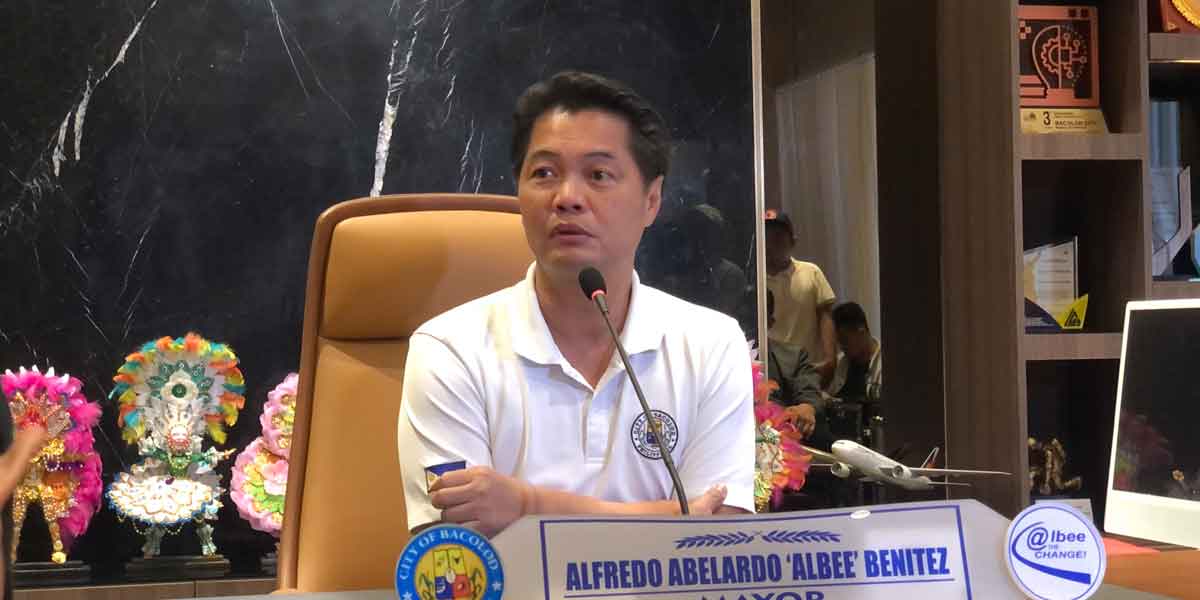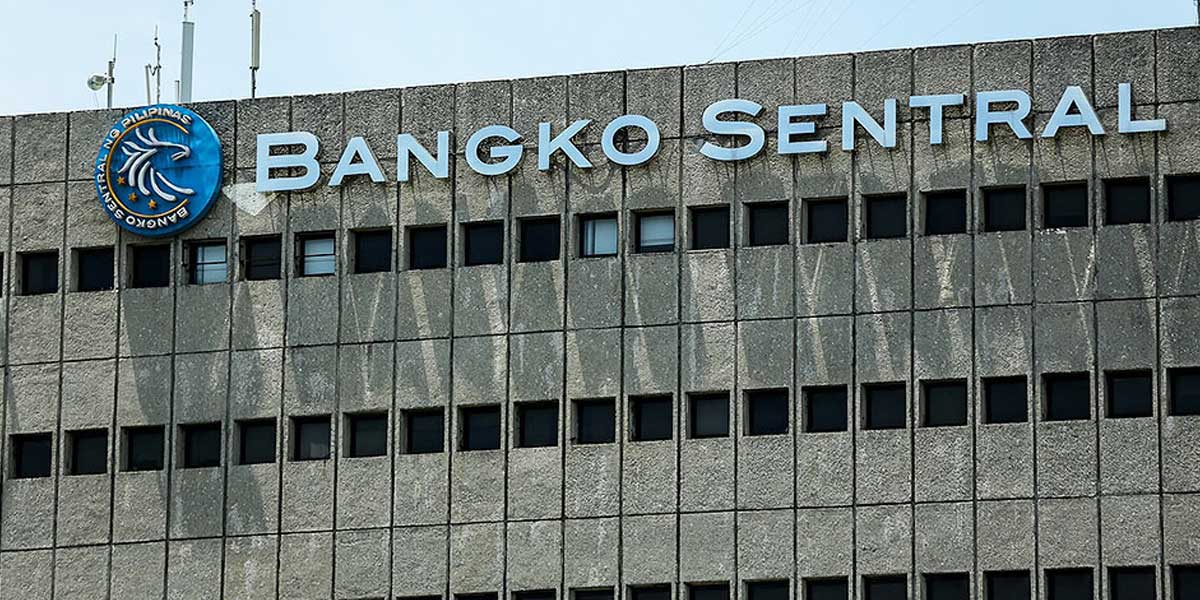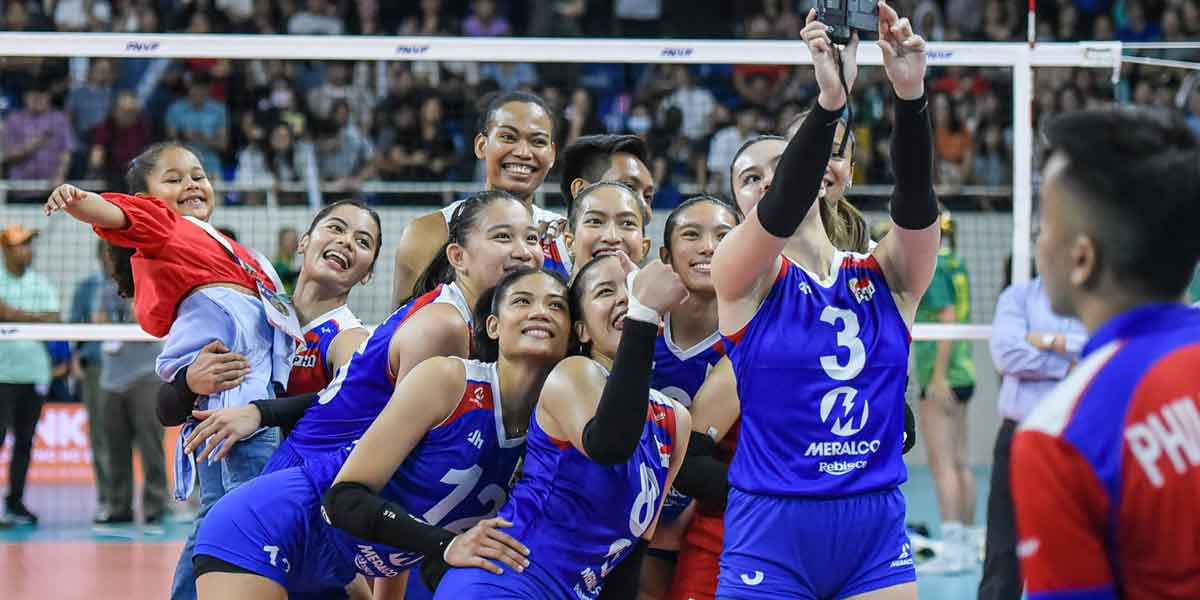By Herman M. Lagon
THIS Monday, October 30, is not just another day in the Filipino political calendar. The Barangay and SK elections represent the spirit of grassroots democracy and resonate with the nation’s soul. It is more than just voting; it is about acknowledging the community’s active role in the larger national tapestry.
Consider the barangay, the smallest yet arguably the most impactful political unit in the Philippines. It is the touchpoint for everyday Filipino life. The officials we elect to these positions do not just handle routine administrative tasks; they mold the ethos of the community, address local needs, and resolve conflicts. They are often the first responders during crises and become the face of leadership for most citizens.
However, the key to a successful barangay doesn’t lie with its leaders alone. It is the collective effort of its residents. People’s active participation in these elections signifies an awareness of their community’s needs and challenges, translating into more informed decisions at higher levels of governance.
A vote in the barangay election is not just a civic duty; it is a tool of empowerment. Every election is an opportunity to cultivate future leaders. Today’s barangay officials can be tomorrow’s national leaders, representing the community’s voice in the broader arenas of decision-making.
However, for this system to function optimally, leaders must be accountable and transparent, ensuring they represent the community’s interests. A consciously chosen leader ensures efficient community development, utilization of resources, and the implementation of projects that genuinely cater to the community’s needs.
Moreover, at the community level, conflicts arise, be it land disputes or interpersonal issues. Efficient and trustworthy barangay leadership means these conflicts can be resolved amicably, preserving peace and harmony.
Yet, one of the most critical aspects of barangay elections is that they instill and safeguard democratic values. By emphasizing the importance of these elections, we are not just choosing leaders; we are reinforcing the foundations of our democracy.
Furthermore, an actively engaged community during barangay elections fosters cultural and social cohesion. It is a reaffirmation of shared values, aspirations, and identity, which can ripple across the nation, promoting unity and a shared national identity. By actively participating, by choosing leaders who truly serve, and by holding them accountable, we not only uplift our communities but also reflect a profoundly ingrained value of being there for one another.
To view barangay and SK elections merely as local events would be a gross underestimation. They are the lifeblood of Philippine democracy, a testament to the people’s will, and a beacon for a united, progressive nation. Let us remember this when we cast our votes this Monday. For in our hands lies the power to shape not just our local communities but the destiny of our country.
***
Doc H fondly describes himself as a ‘student of and for life’ who, like many others, aspires to a life-giving and why-driven world that is grounded in social justice and the pursuit of happiness. His views herewith do not necessarily reflect those of the institutions he is employed or connected with.





















